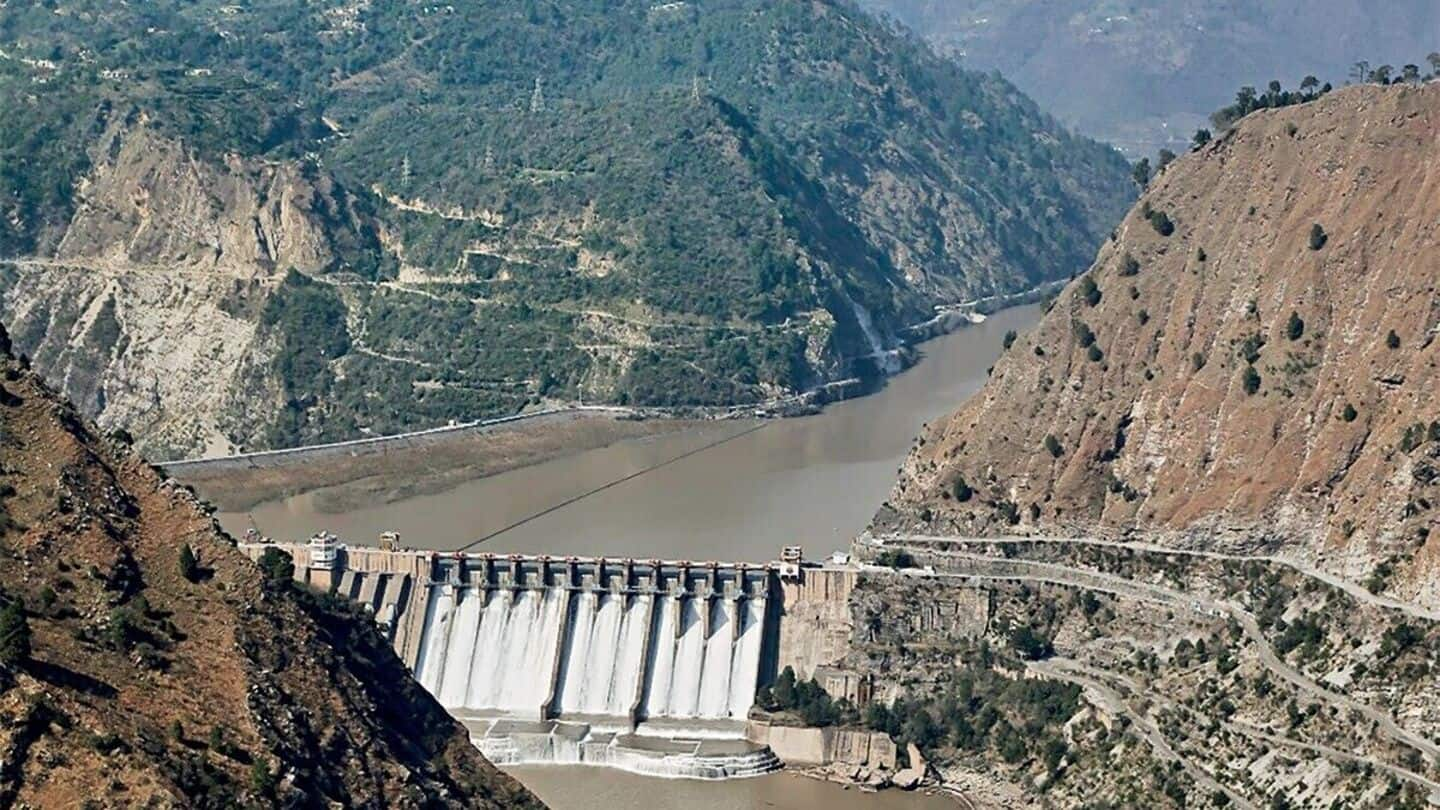
Indus Waters Treaty may need revision, says top glaciologist
What's the story
Anil V Kulkarni, a leading glaciologist and a distinguished scientist at the Divecha Center for Climate Change, Indian Institute of Science in Bengaluru, has called for a re-evaluation of the Indus Waters Treaty.
His proposal comes after India recently suspended the 65-year-old treaty following a terrorist attack in Pahalgam.
The treaty divides six rivers that flow out of the Indus River basin between India and Pakistan.
Climate effects
Climate change impacts on Indus river basin
Kulkarni's study underscores how climate change has affected the Indus River basin.
He said to understand these changes, we need to know how the climate is changing the mountains and the amount of glacier-stored water flowing into the river basin.
The original treaty divided 20% of this water to India, but according to Kulkarni, only 5% is present in eastern river basins, while a staggering 95% is in the western.
Glacial retreat
Glacial retreat and its implications
Kulkarni explained that the increase in temperatures at high altitudes is leading to the retreat of glaciers. The speed of retreat depends on the gain of snow and ice, and their loss through melting in the summer months.
He added that glaciers located above the Sutlej, Beas, and Ravi Rivers are losing mass faster as they are located at lower altitudes.
Water distribution
Karakoram anomaly and future water distribution
The glaciers in the Karakoram mountain ranges are stable, a phenomenon referred to as the "Karakoram anomaly."
Kulkarni's research shows that western river basins contain much more glacier-stored water. However, he warns that this differential loss of glaciers will have a significant impact on future water distribution between eastern and western river basins.
His modeling studies predict an increase in glacial melt due to climate change till mid-century, after which availability will drastically go down.
Treaty revision
Treaty needs revision to reflect climate change realities
Kulkarni argues that the Indus Waters Treaty requires re-evaluation in light of current realities.
He noted that when the treaty was framed in the 1960s, there was no knowledge about glaciers or snow cover. Recent satellite data have shown changes in runoffs and volumes of glacier-stored water, warranting a re-examination of the treaty's provisions.
Kulkarni also emphasized how climate change is leading to early melting of snow, changing seasons of water availability, and impacting soil moisture levels.